Home>diy>Building & Construction>How Much Do Construction Welders Make
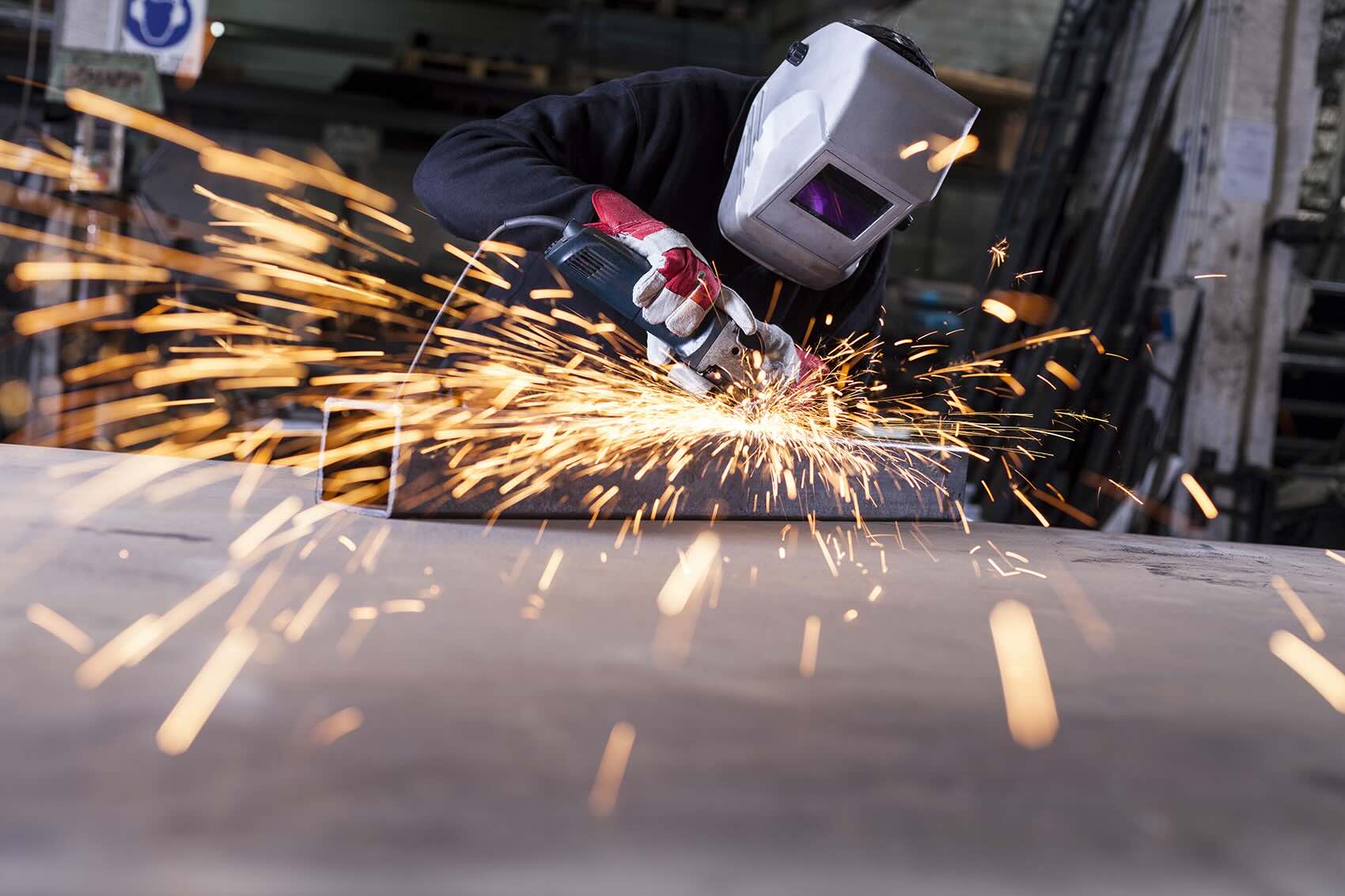

Building & Construction
How Much Do Construction Welders Make
Modified: December 7, 2023
Discover how much construction welders make in the building construction industry. Find out the average salary and earning potential for welders in this field.
(Many of the links in this article redirect to a specific reviewed product. Your purchase of these products through affiliate links helps to generate commission for Storables.com, at no extra cost. Learn more)
Introduction
Construction welders are an integral part of the building industry, playing a vital role in joining and fabricating metal components. The work of a construction welder is both physically demanding and precise, requiring a high level of skill and expertise. In this article, we will explore the importance of construction welders, the factors that can affect their salaries, and strategies for maximizing income in this field.
Construction welders are responsible for welding and fusing metal parts together to create structures that range from buildings and bridges to pipelines and machinery. They work with a variety of metals, including steel, aluminum, and stainless steel, using different techniques like arc welding, MIG welding, and TIG welding.
Without construction welders, the architectural wonders that we see around us would not be possible. Their expertise ensures the structural integrity and durability of buildings and infrastructure. They play a critical role in maintaining safety standards, as welding is essential for creating strong joints and preventing collapses or failures.
The salary of a construction welder can vary based on several factors, such as experience, education, industry, location, and additional certifications. Understanding these factors will give you a better understanding of why some construction welders make higher salaries than others.
In the following sections, we will delve deeper into the factors that can affect construction welder salaries and explore the average income levels in this field. We will also highlight the high-paying industries for construction welders, discuss ways to increase salaries, and provide tips for maximizing income as a construction welder.
So, let’s dive into the world of construction welders and uncover the secrets to a lucrative career in this essential industry.
Key Takeaways:
- Construction welders are indispensable for ensuring the structural integrity, safety, and aesthetic appeal of buildings and infrastructure. Their expertise and craftsmanship contribute to the overall quality and longevity of structures.
- Factors such as experience, education, industry, location, and certifications significantly impact construction welder salaries. Continuous learning, obtaining advanced certifications, and specializing in specific welding techniques can enhance earning potential.
Read more: How Much Do Construction Foreman Make
The Importance of Construction Welders
Construction welders play a crucial role in the building industry. They are responsible for joining metal structures and components together using specialized welding techniques. Without their skills and expertise, many construction projects would not come to fruition.
One of the key reasons why construction welders are important is their ability to ensure the structural integrity of buildings and infrastructure. Welding is essential for creating strong and durable joints that can withstand the forces placed upon them. Whether it is a high-rise building, a bridge, or a pipeline, construction welders are essential in making sure that these structures are safe and reliable.
Construction welders are also essential for maintaining safety in the construction industry. Properly welded joints are crucial for preventing collapses or failures, which can potentially lead to disastrous consequences. Welding ensures that the metal components of a structure are securely connected, providing stability and minimizing the risk of accidents.
Beyond the structural aspects, construction welders also contribute to the aesthetic appeal of buildings. They are responsible for welding together architectural elements and artistic features, adding a touch of creativity to the construction process. From ornamental metalwork to intricate designs, construction welders help bring the artistic vision of architects and designers to life.
Moreover, construction welders are indispensable for the maintenance and repair of existing structures. Over time, buildings and infrastructure may require welding repairs due to wear and tear, accidents, or environmental factors. Construction welders possess the skills to assess the extent of damage and perform the necessary repairs to restore the structure’s integrity.
In addition to their technical skills, construction welders bring a level of precision and attention to detail to their work. They must carefully follow welding procedures, ensuring that they meet quality standards and project specifications. By meticulously executing their welds, construction welders contribute to the overall quality and longevity of the structures they work on.
Overall, construction welders are vital for the development, safety, and maintenance of buildings and infrastructure. Their expertise and craftsmanship ensure that structures are not only sturdy and secure, but also visually appealing and functional. As construction projects continue to evolve and become more complex, the demand for skilled construction welders will remain high.
Factors Affecting Construction Welder Salaries
The salary of a construction welder can vary widely based on various factors. Understanding these factors is essential to determine the earning potential in this field and make informed career decisions. Here are the key factors that can affect construction welder salaries:
- Experience: One of the most significant factors influencing construction welder salaries is the level of experience. Welders with years of experience tend to earn higher salaries compared to those who are just starting in the field. This is because experienced welders have demonstrated their skills and proficiency, which makes them more valuable to employers.
- Education and Training: While formal education is not always a requirement for becoming a construction welder, having relevant certifications and training can impact salary levels. Completing a welding program at a vocational school or obtaining industry-recognized certifications can enhance your qualifications and increase your earning potential.
- Industry and Sector: The industry in which a construction welder works can greatly influence their salary. For instance, welders employed in the construction of specialized structures such as bridges or offshore platforms often earn higher salaries compared to those working on residential construction projects. The demand for skilled welders and the complexity of the projects involved can significantly affect pay rates.
- Location: Where a construction welder is employed geographically can also impact their salary. Wages can vary by region or state due to differences in the cost of living and market demand. Areas with a high demand for construction welders or where specialized welding skills are in demand may offer higher salaries to attract talent.
- Certifications and Specializations: Possessing additional certifications or specializing in specific welding techniques or materials can also impact salary levels. Welders with certifications in advanced welding techniques or specialized qualifications in areas such as underwater welding or aerospace welding may have a competitive edge and command higher salaries.
- Union Memberships: Construction welders that belong to a union may receive higher wages compared to non-unionized welders. Unions negotiate collective bargaining agreements that often include higher salary scales, better benefits, and improved working conditions for their members.
It’s important to note that these factors are not mutually exclusive, and multiple factors can influence the salary of a construction welder simultaneously. By considering these factors, individuals can assess their skills, experience, and geographic preferences to make informed decisions about their career path and potential earnings in the construction welding industry.
Average Salaries of Construction Welders
The average salary of a construction welder can vary depending on several factors such as experience, education, location, industry, and demand. While specific salary figures can fluctuate, we can provide a general overview of the average salaries for construction welders in the United States.
According to the United States Bureau of Labor Statistics (BLS), the median annual wage for construction and extraction occupations, including welders, was $47,430 as of May 2020. However, it is essential to note that this figure represents the median income for the entire occupation and includes welders in various sectors and experience levels.
Entry-level construction welders with limited experience may start with salaries below the median wage, typically ranging from $30,000 to $40,000 per year. As welders gain experience and improve their skills, their salaries can increase significantly.
Experienced construction welders, especially those with advanced certifications and specialization, can earn higher salaries. These professionals may earn between $50,000 to $80,000 per year or even higher in some cases.
Location plays a significant role in salary variations among construction welders. Metropolitan areas with high construction activity and a strong demand for skilled welders often offer higher salaries. For example, welders working in areas such as New York, California, Texas, and Florida tend to earn higher wages compared to those in less densely populated or remote regions.
Moreover, the industry in which construction welders are employed can also influence salary levels. Welders involved in lucrative sectors such as oil and gas, pipeline construction, or heavy infrastructure projects may earn higher salaries compared to those in residential construction or smaller-scale projects.
It is important to keep in mind that salary figures are influenced by factors beyond experience and location. Additional certifications, specialized skills, union memberships, and demand for specific welding techniques or materials can further impact salary levels.
Lastly, overtime opportunities and bonuses can contribute to a construction welder’s overall income. Many construction projects require tight deadlines, and welders may have the chance to work overtime, which is typically compensated at higher pay rates. Additionally, bonuses and profit-sharing schemes may be offered by employers as a way to reward skilled welders and motivate their performance.
Overall, while average salaries for construction welders can range significantly, it is crucial to consider all the factors at play and assess the specific circumstances influencing wage levels in a given region and industry. By understanding these factors, individuals can better navigate their career paths and strive for increased earning potential in the construction welding field.
Construction welders can make a good income, with the average salary in the US being around $42,000 per year. However, this can vary based on experience, location, and the specific type of welding being performed.
High-Paying Industries for Construction Welders
Construction welders can find lucrative job opportunities in various industries that require their specialized skills and expertise. While salaries can vary depending on factors such as experience and location, certain industries are known to offer higher pay rates for construction welders. Here are some high-paying industries where construction welders can thrive:
- Oil and Gas: The oil and gas industry is one of the top-paying sectors for construction welders. Welders involved in pipeline construction, refinery maintenance, and offshore platforms can earn attractive salaries due to the demanding nature of the work and the need for specialized welding techniques in these environments.
- Heavy Construction and Infrastructure: Construction projects involving heavy infrastructure such as bridges, dams, and tunnels often require highly skilled welders. The complexity and scale of these projects, along with the need for precision welds, can lead to higher wages for construction welders working in this sector.
- Manufacturing and Fabrication: Welders employed in manufacturing and fabrication industries, such as metal fabrication shops or specialized manufacturing plants, can enjoy competitive salaries. These industries often involve working with advanced machinery and complex welding processes, which require skilled welders and justify higher pay rates.
- Aerospace and Defense: The aerospace and defense industry places a premium on quality and precision welding due to the critical nature of the components involved. Welders working on aircraft manufacturing, missile systems, or space exploration projects can earn substantial salaries, given the specialized expertise and stringent quality standards required.
- Power Generation: Power plants, including nuclear, gas, or renewable energy facilities, often employ construction welders for maintenance, repairs, and new construction. The high demand for skilled welders in this industry, combined with the need for adherence to strict safety standards, can result in excellent compensation packages.
- Shipbuilding and Maritime: The shipbuilding and maritime sector is another industry that offers attractive salaries for construction welders. Welders involved in the construction and repair of ships, offshore platforms, and marine structures can earn higher wages due to the specialized skills required for welding in marine environments and the demand for quality craftsmanship.
It is important to note that these high-paying industries may also come with additional challenges and safety considerations. Welders working in offshore or remote locations may have to endure harsh weather conditions and extended work periods away from home. The complexity of the projects and the need for adherence to strict safety protocols may also require welders to continuously upgrade their skills and knowledge.
When considering career opportunities in these high-paying industries, it is vital for construction welders to assess their skills and experience and ensure they meet the specific requirements of each industry. Obtaining relevant certifications and training in specialized welding techniques related to these sectors can enhance employability and earning potential.
Ultimately, construction welders who possess the skills and expertise required in these high-paying industries have the opportunity to enjoy rewarding careers with excellent compensation packages.
Read more: How Much Do Construction Supervisors Make
Factors That Can Increase Construction Welder Salaries
Construction welding is a skilled profession that offers opportunities for career advancement and increased earning potential. While the salary of a construction welder can vary depending on several factors, there are certain elements that can contribute to higher wages. Here are some key factors that can increase construction welder salaries:
- Experience and Expertise: As with many professions, experience plays a significant role in determining salary levels for construction welders. The more years of experience and expertise a welder has, the higher their earning potential. Experienced welders are often sought after by employers who value their skills and ability to deliver precise and high-quality welds.
- Advanced Certifications: Obtaining advanced certifications can significantly enhance a construction welder’s earning potential. Certifications such as the Certified Welding Inspector (CWI) or specialized certifications in underwater welding, aerospace welding, or nuclear welding indicate a higher level of expertise and can lead to higher-paying job opportunities.
- Specialized Skills: Construction welders who possess specialized skills in specific welding techniques or materials may enjoy higher salaries. Specializations such as TIG welding, pipe welding, or aluminum welding are in demand and can command premium pay rates. These skills require additional training and experience, making welders who excel in these areas more valuable to employers.
- Union Membership: Joining a welding union can have a positive impact on salary rates. Unions typically negotiate higher wages and benefits for their members through collective bargaining agreements. Unionized welders often enjoy better job security, improved working conditions, and access to training and advancement opportunities.
- Geographic Location: The geographic location where a construction welder works can influence their salary. Areas with a higher demand for construction welders or with a higher cost of living tend to offer higher wages to attract skilled professionals. Metropolitan areas and regions with significant construction projects often provide more opportunities for well-paid welding positions.
- Additional Responsibilities: Construction welders who take on additional responsibilities beyond basic welding tasks may be eligible for higher salaries. This can include supervisory roles, quality control, or project management responsibilities. Having a broader skill set and assuming more responsibilities can result in increased compensation.
It’s important to note that these factors work in conjunction with each other, and individuals who possess a combination of them are more likely to have higher salaries in the construction welding field. Building a strong resume, continuously investing in professional development and certifications, and gaining experience in specialized areas can significantly impact salary growth.
Furthermore, staying up-to-date with industry trends, technological advancements, and emerging welding techniques can also contribute to upward mobility and increased earning potential. Welders who can adapt to new methods and technologies are more likely to be in demand and command higher wages.
Ultimately, construction welders can increase their salaries by continuously honing their skills, seeking opportunities for professional growth, and positioning themselves as valuable assets to employers in the industry.
Tips for Maximizing Income as a Construction Welder
As a construction welder, there are several strategies you can employ to maximize your income and advance your career. These tips can help you increase your earning potential and make the most of your skills in the competitive construction industry:
- Continuous Learning: Invest in your professional development by staying updated on the latest welding techniques, equipment, and industry trends. Attend workshops, seminars, and training programs to enhance your skills and expand your knowledge base. By continuously learning and adapting to new technologies and industry standards, you can position yourself as a valuable asset and command higher wages.
- Obtain Advanced Certifications: Seek certifications beyond the basic requirements. Advanced certifications, such as specialized welding techniques or inspector certifications, can significantly increase your earning potential. Employers often value welders with advanced certifications, as it demonstrates a higher level of expertise and dedication to your craft.
- Develop Specializations: Consider specializing in particular welding techniques or materials. Specializations such as TIG welding, pipe welding, or aluminum welding are in demand and can command higher pay rates. Mastering a specific skill set sets you apart from the competition and allows you to negotiate higher salaries.
- Networking: Build professional connections within the industry by networking with contractors, construction companies, and other professionals. Attend industry events, join trade organizations, and participate in online welding communities. Networking can lead to job opportunities, referrals, and insights into high-paying projects.
- Consider Union Membership: Joining a welding union can provide access to better job opportunities and higher wages. Unions often negotiate favorable contracts with employers, resulting in improved compensation, benefits, and working conditions. Explore the benefits and requirements of joining a welding union in your area.
- Seek High-Paying Industries: Research industries that offer higher salaries for construction welders, such as oil and gas, heavy construction, or aerospace. Look for job opportunities in these sectors and market your skills accordingly. These industries often demand specialized welding knowledge and are willing to pay a premium for experienced welders.
- Gain Experience: Focus on gaining practical experience and building your portfolio. Work on a variety of projects and showcase your ability to handle different welding challenges. Solid experience can demonstrate your proficiency, increase your credibility, and open doors to higher-paying positions.
- Consider Self-Employment: If you have the necessary skills and resources, explore the option of starting your own welding business. Being self-employed allows you to negotiate your rates, take on high-paying projects, and potentially increase your income by managing your own workload. However, self-employment also comes with additional responsibilities such as marketing, client management, and financial planning.
- Showcase Quality Workmanship: Emphasize the quality of your workmanship to potential employers and clients. Delivering precise and high-quality welds not only ensures the structural integrity of projects but also enhances your professional reputation. By consistently producing outstanding results, you can establish yourself as a sought-after construction welder who commands higher rates.
- Negotiate Compensation: When accepting new job offers or contract work, be prepared to negotiate your compensation. Research industry salary trends, know your worth, and confidently present your skills and experience. Effective negotiation can result in higher wages and better terms.
Remember, maximizing your income as a construction welder requires a proactive approach, ongoing skill development, and a thorough understanding of the industry. By implementing these tips, you can position yourself for higher-paying opportunities and build a successful and lucrative career in construction welding.
Conclusion
Construction welding is a critical and in-demand profession in the building industry. Construction welders play a vital role in ensuring the structural integrity, safety, and aesthetic appeal of various structures, from buildings and bridges to pipelines and machinery. While salaries can vary based on factors such as experience, education, location, and industry, there are strategies you can employ to maximize your income as a construction welder.
By continuously learning and improving your skills, obtaining advanced certifications, and specializing in specific welding techniques or materials, you can enhance your expertise and command higher wages. Networking with industry professionals, considering union membership, and targeting high-paying industries can also open doors to lucrative job opportunities. Additionally, gaining practical experience, showcasing quality workmanship, and negotiating your compensation can contribute to increasing your income as a construction welder.
It’s important to stay informed about industry trends, technological advancements, and emerging welding techniques to remain competitive in the field. Continuously investing in your professional development and staying ahead of the curve will provide you with a competitive edge and make you a valuable asset to employers.
Remember, success as a construction welder goes beyond just earning a higher income. It is also about professional growth, job satisfaction, and building a rewarding career. By implementing the tips provided in this article, you can maximize your income potential and pave the way for a successful and fulfilling journey as a construction welder.
So, embrace opportunities for growth, stay dedicated to honing your skills, and strive for excellence in your work. With passion, continuous learning, and a focus on enhancing your value in the industry, you can achieve both financial success and personal fulfillment as a construction welder.
Frequently Asked Questions about How Much Do Construction Welders Make
Was this page helpful?
At Storables.com, we guarantee accurate and reliable information. Our content, validated by Expert Board Contributors, is crafted following stringent Editorial Policies. We're committed to providing you with well-researched, expert-backed insights for all your informational needs.

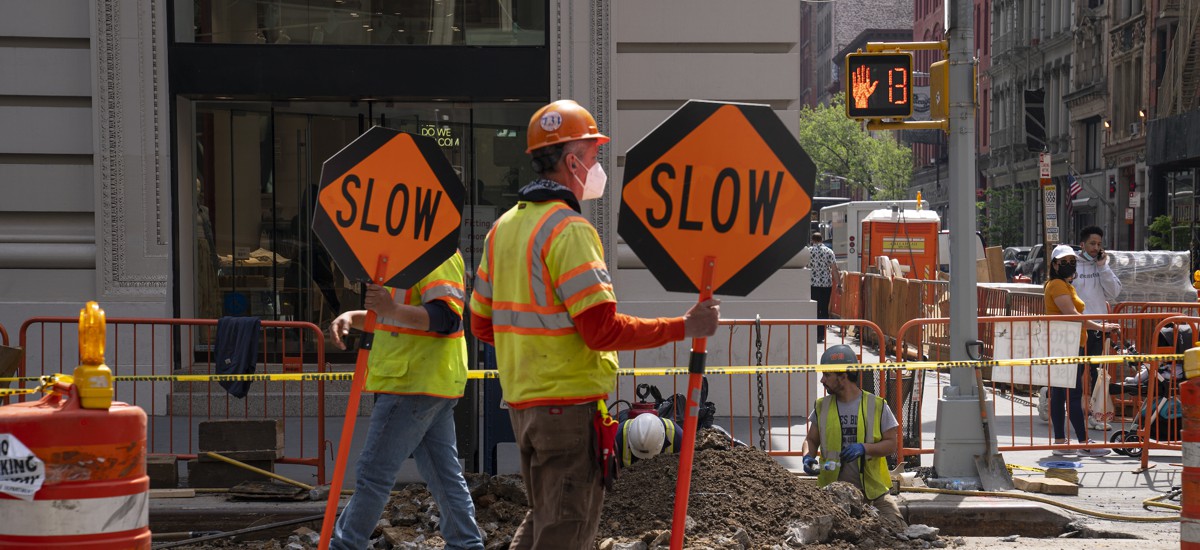
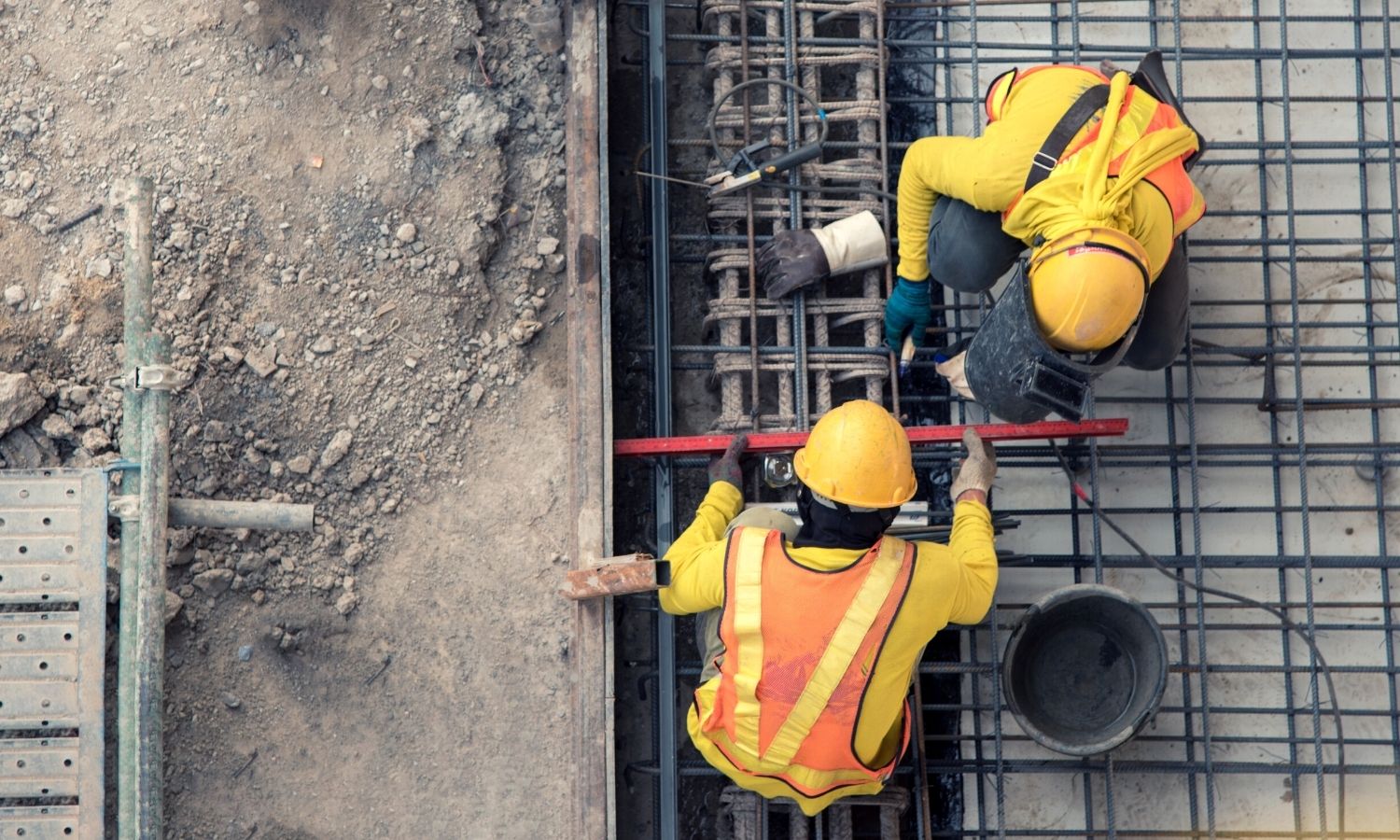
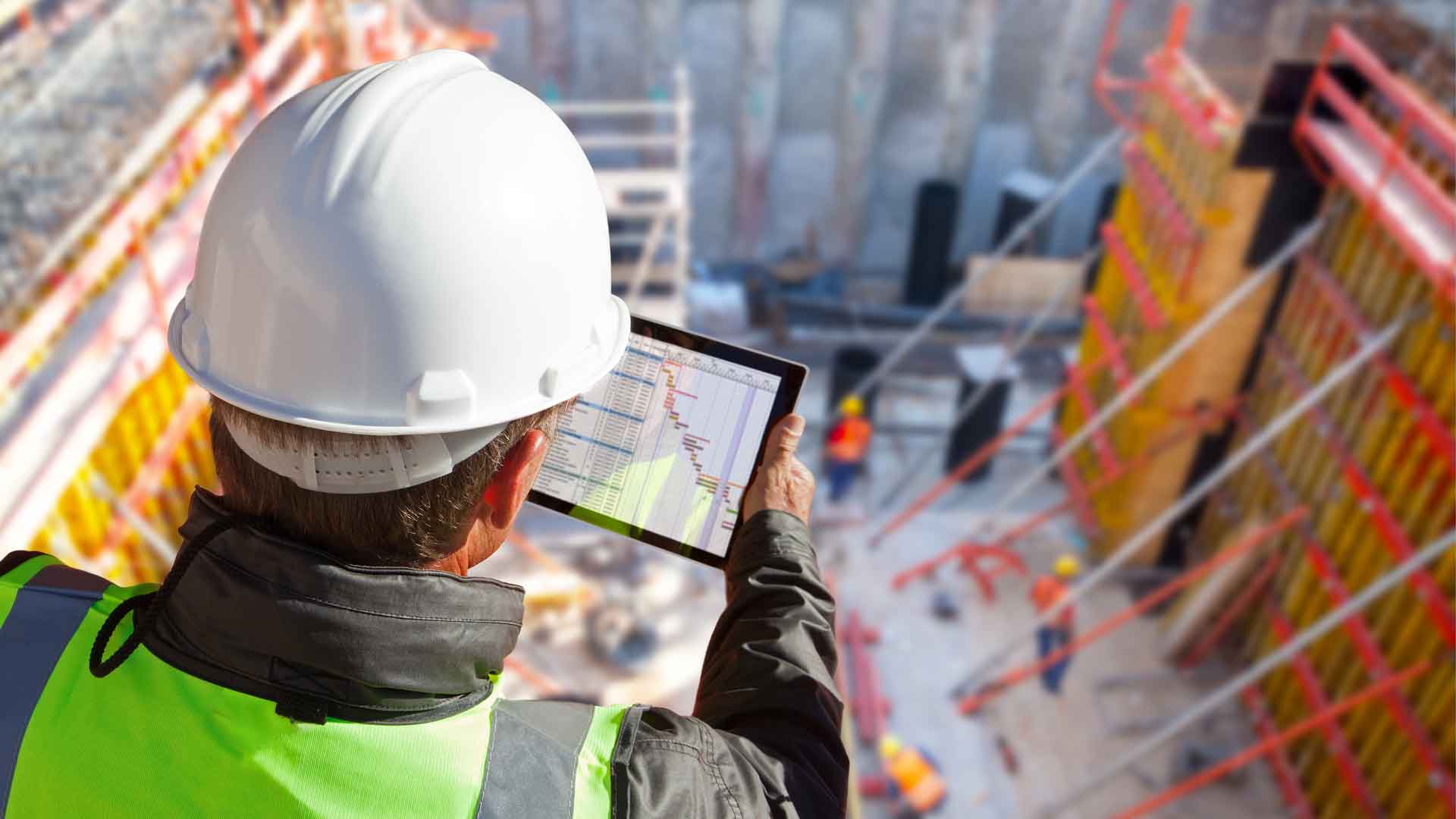
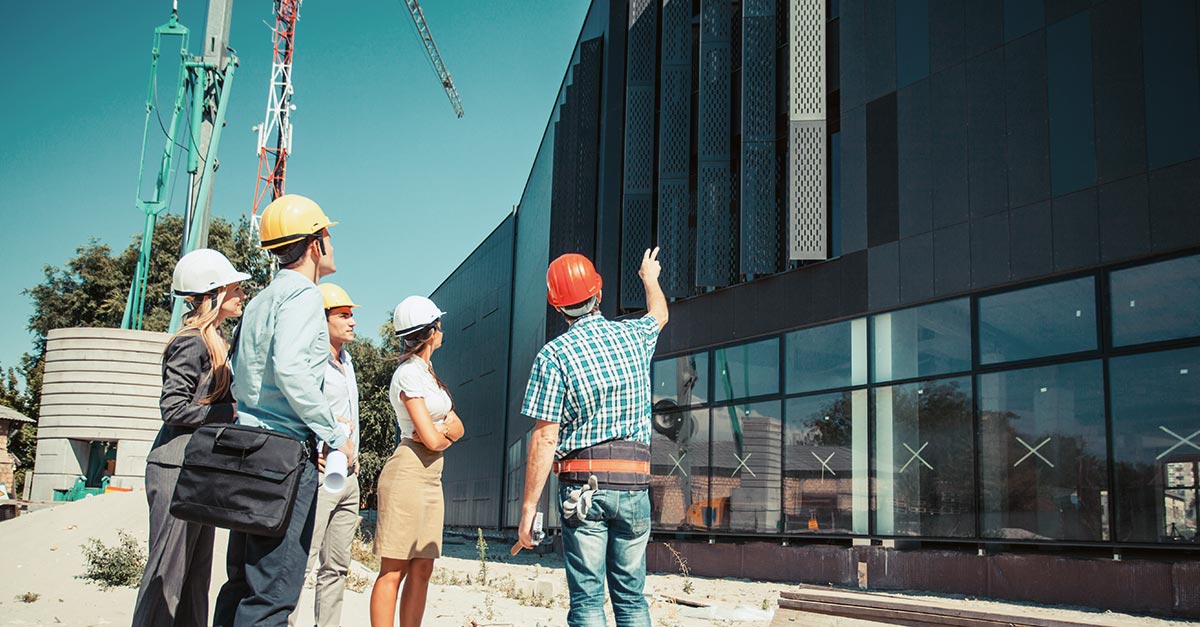
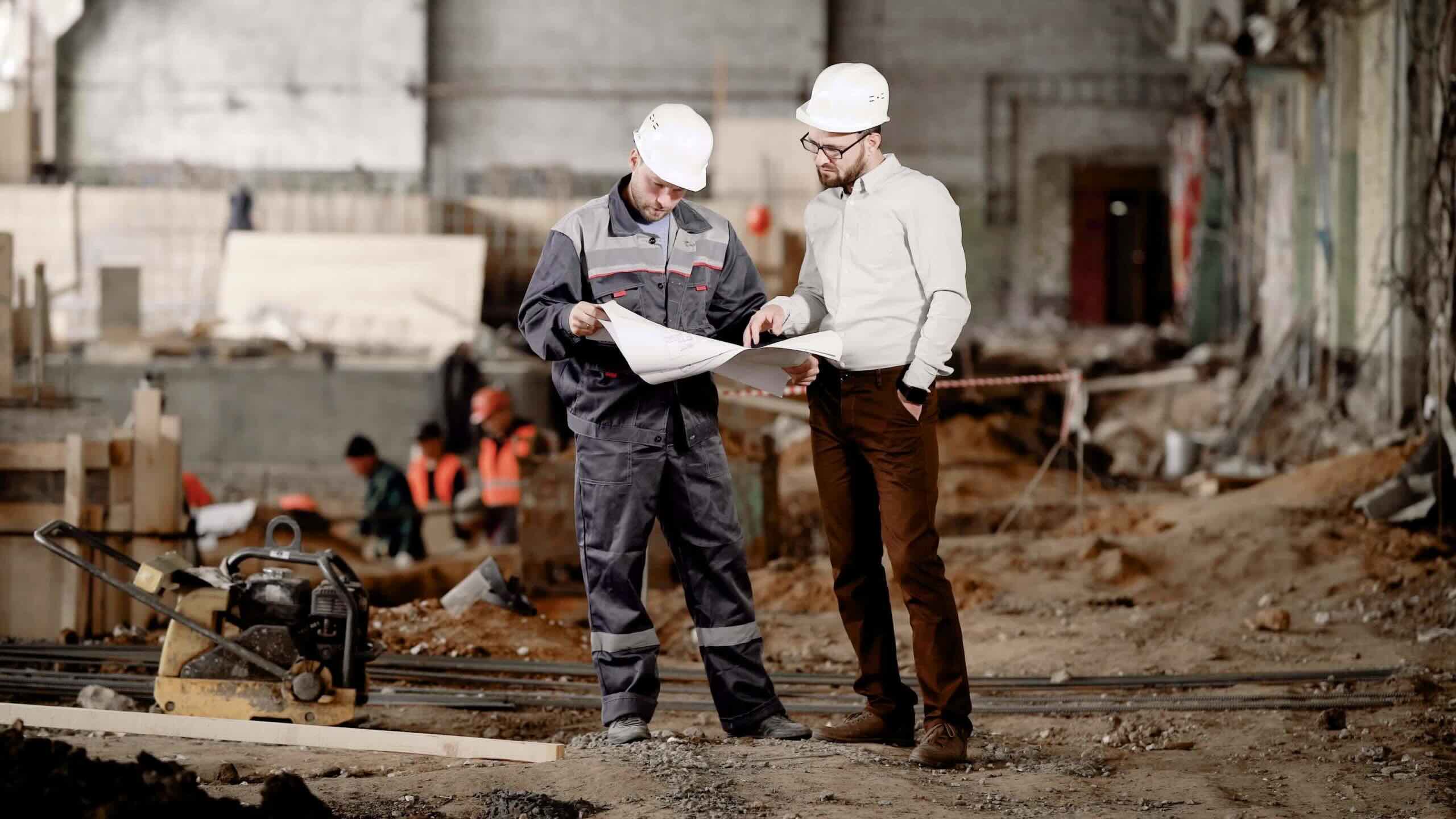




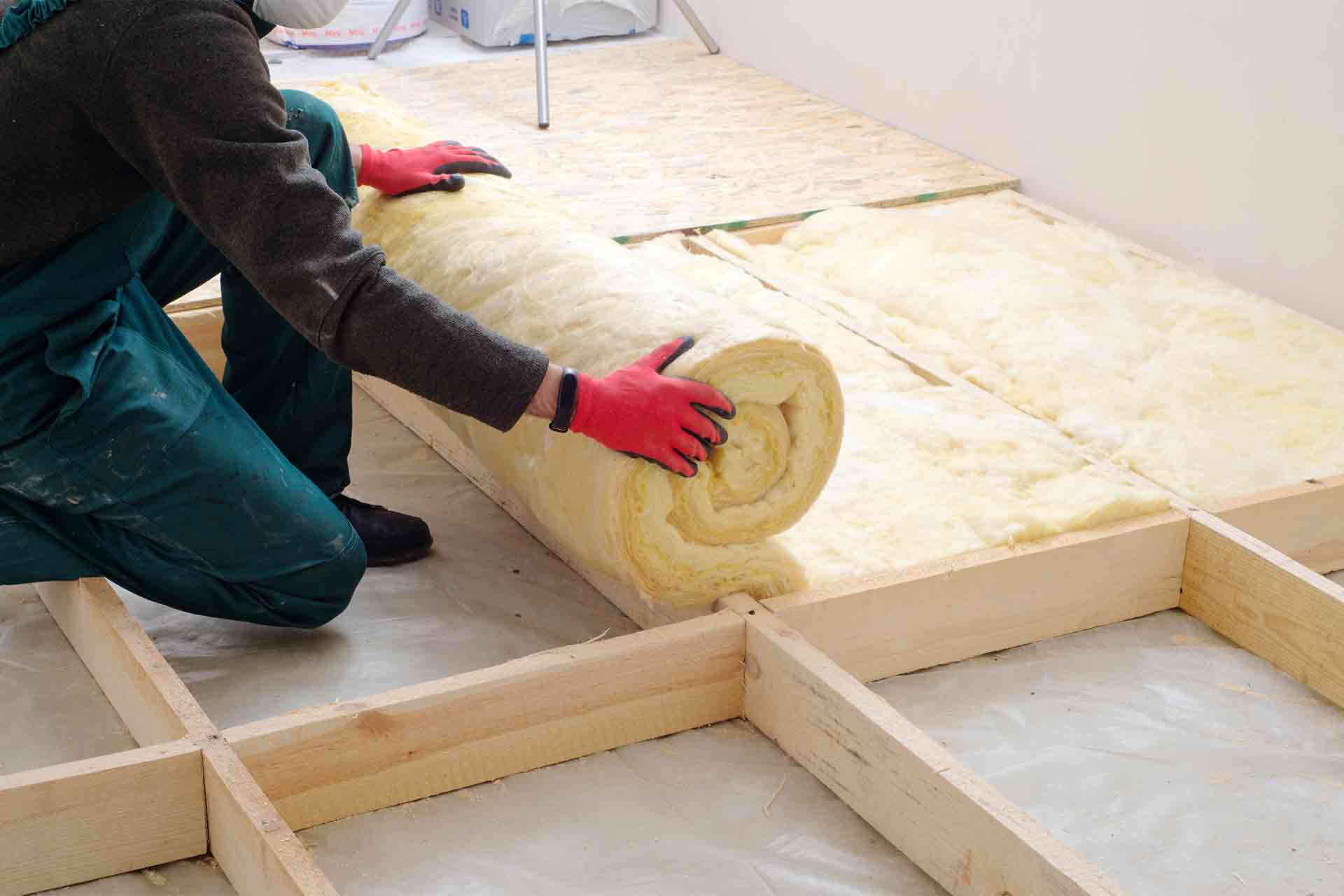
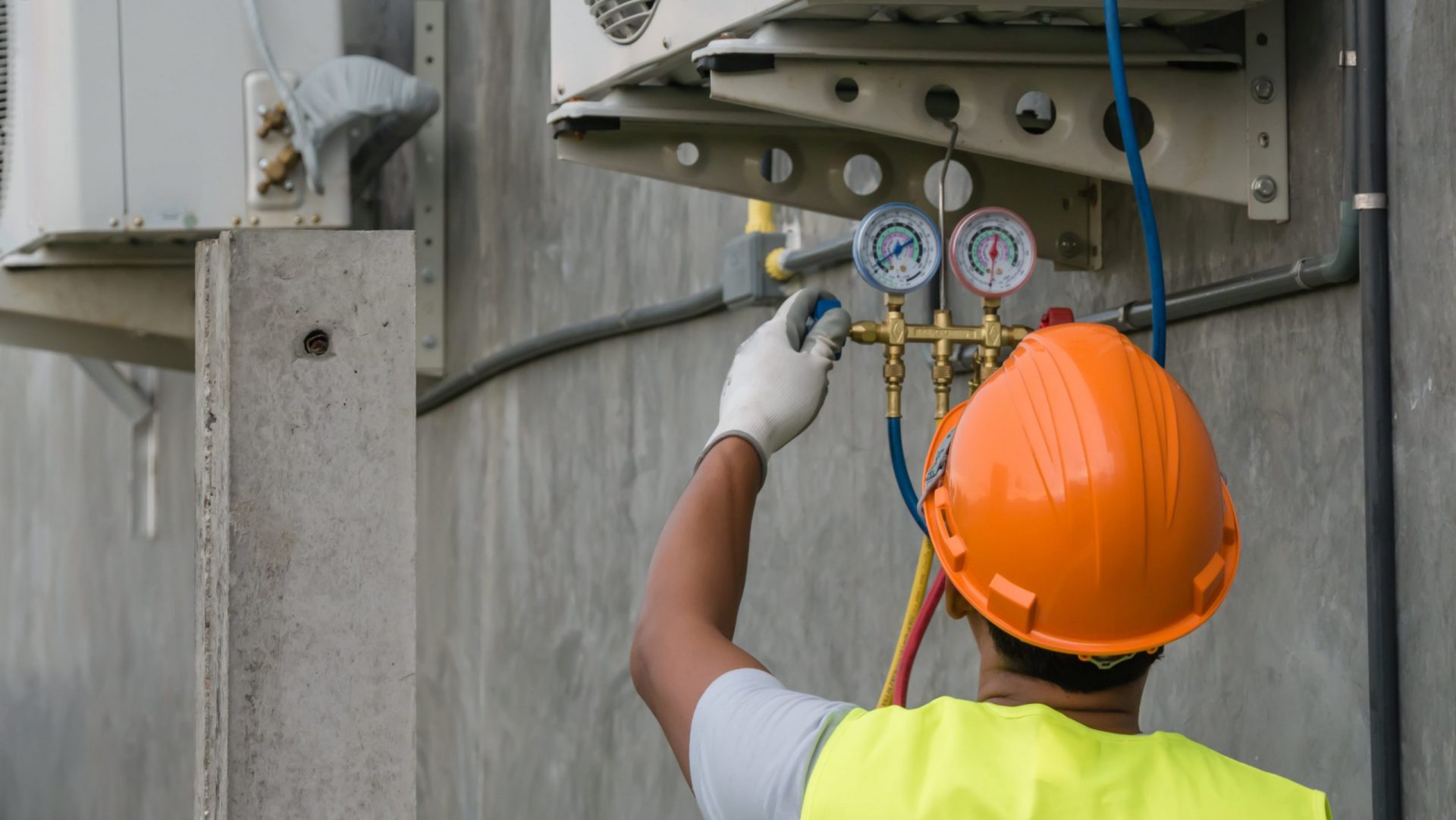

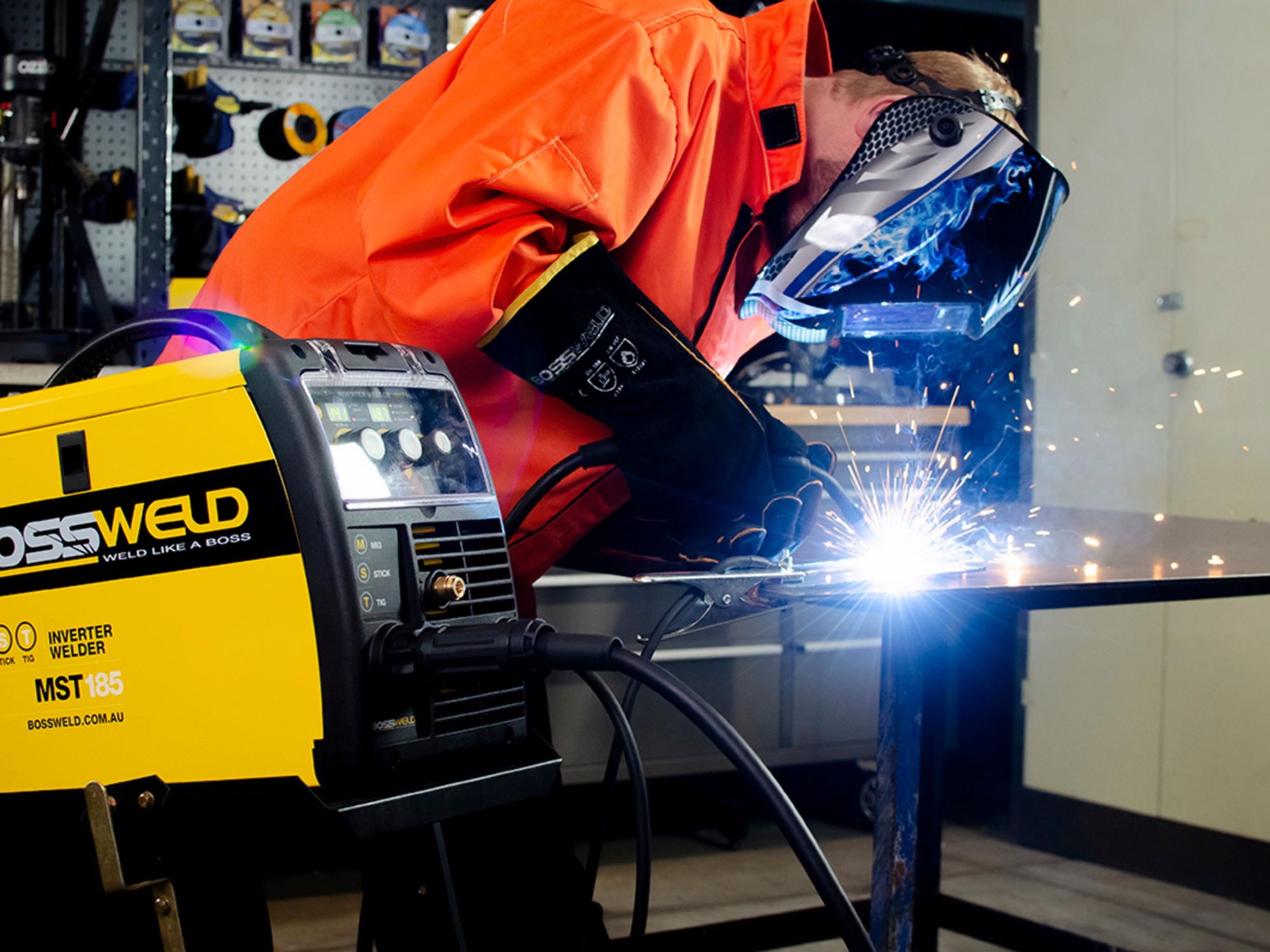

0 thoughts on “How Much Do Construction Welders Make”